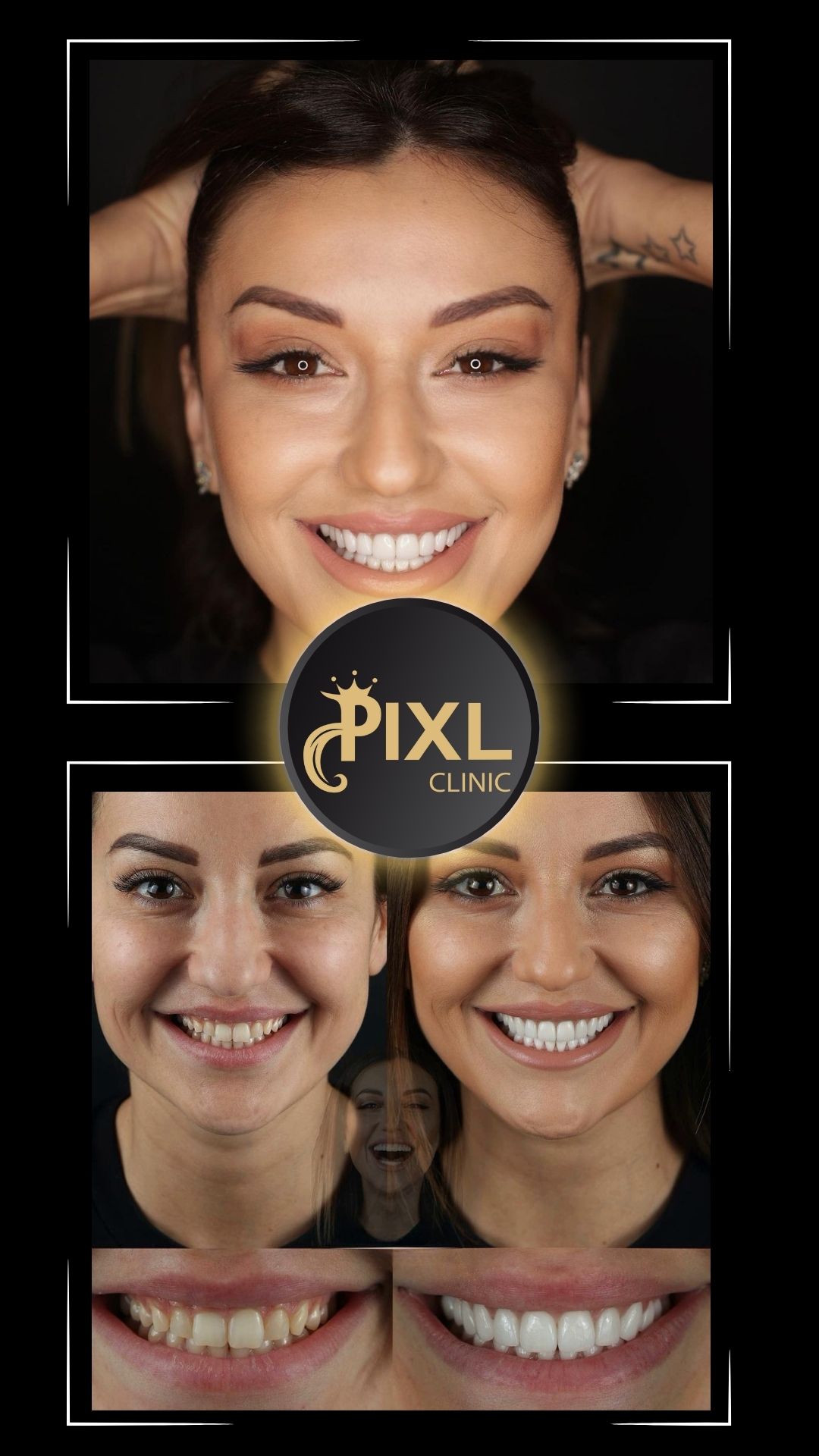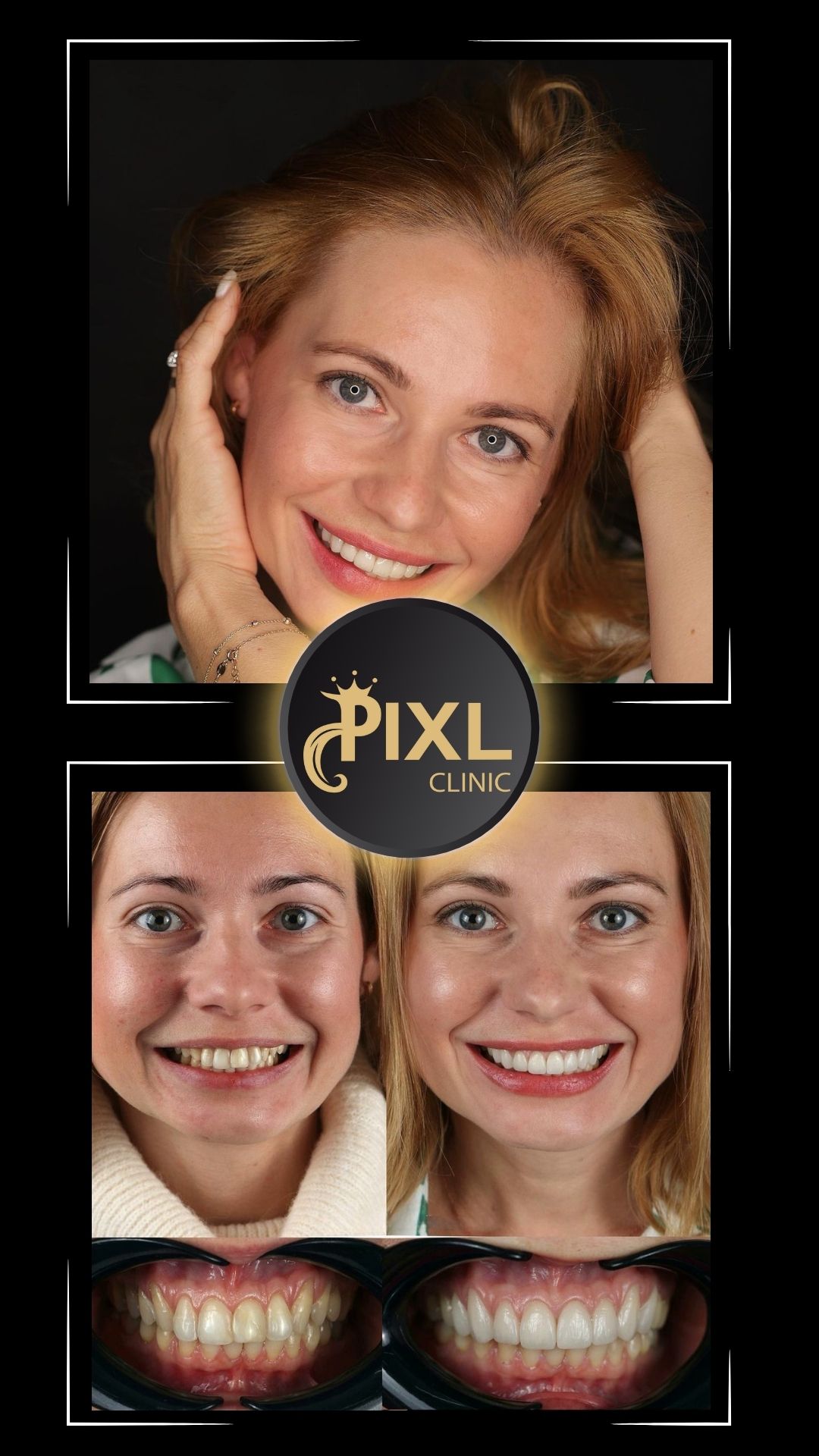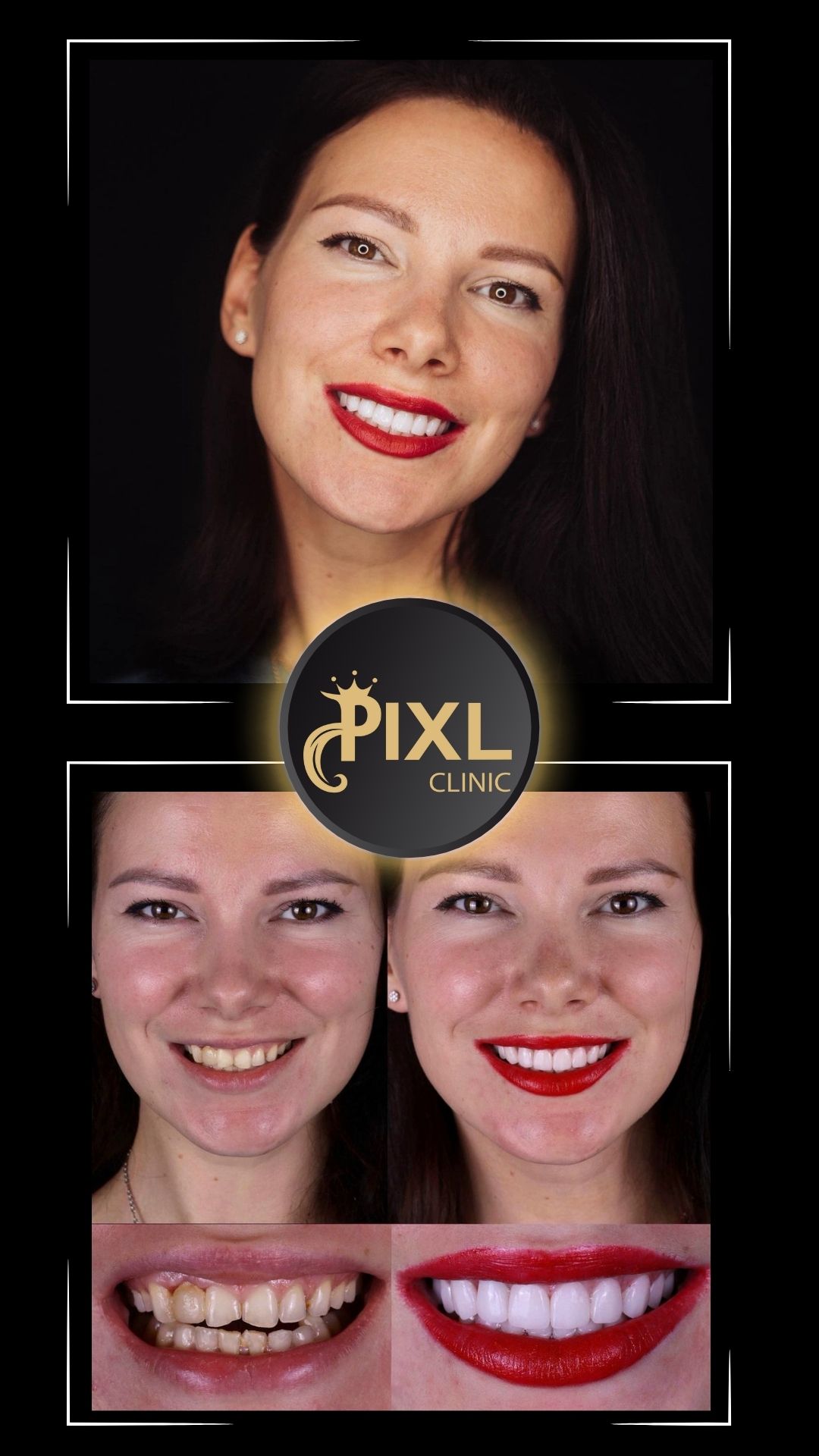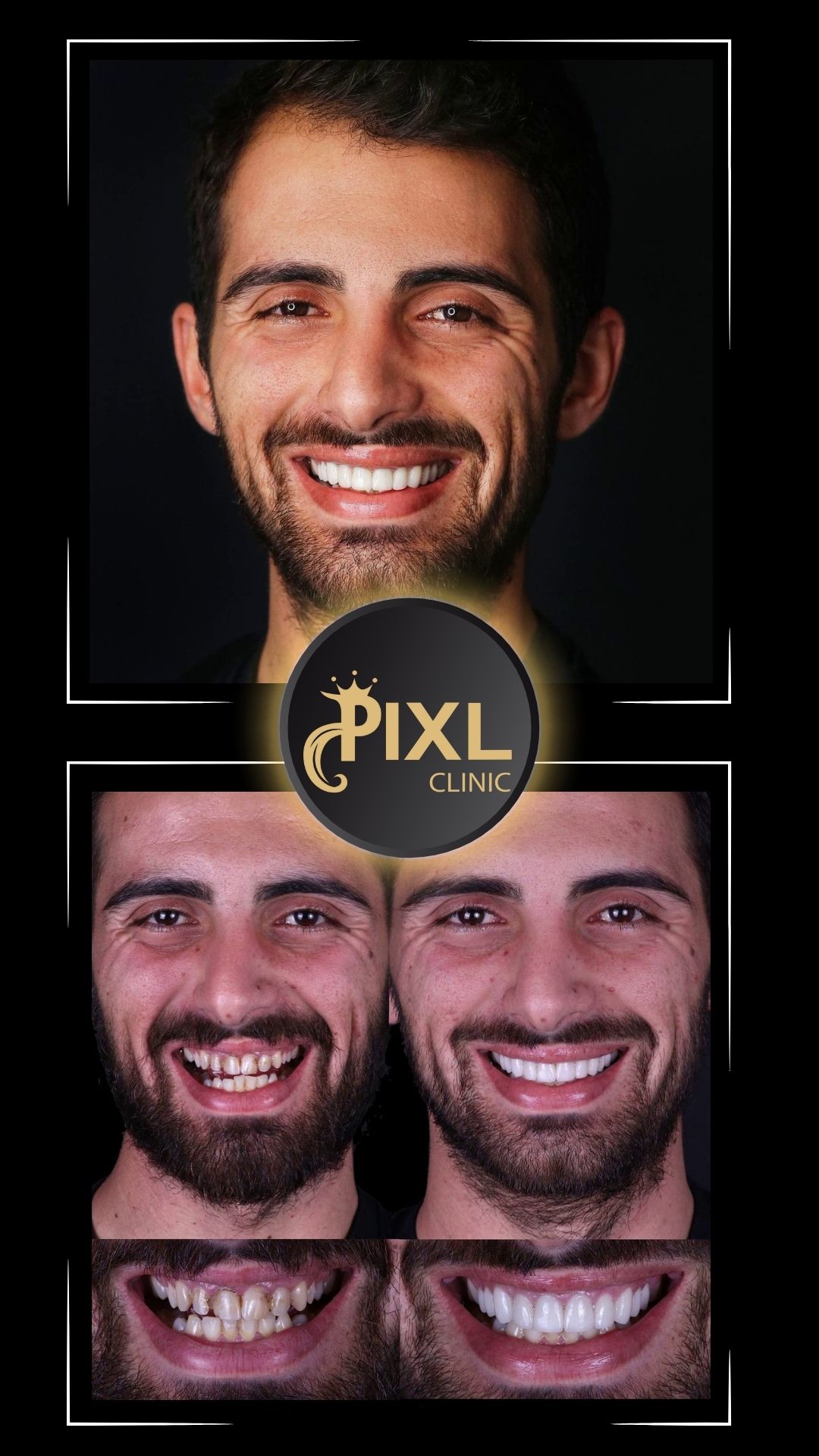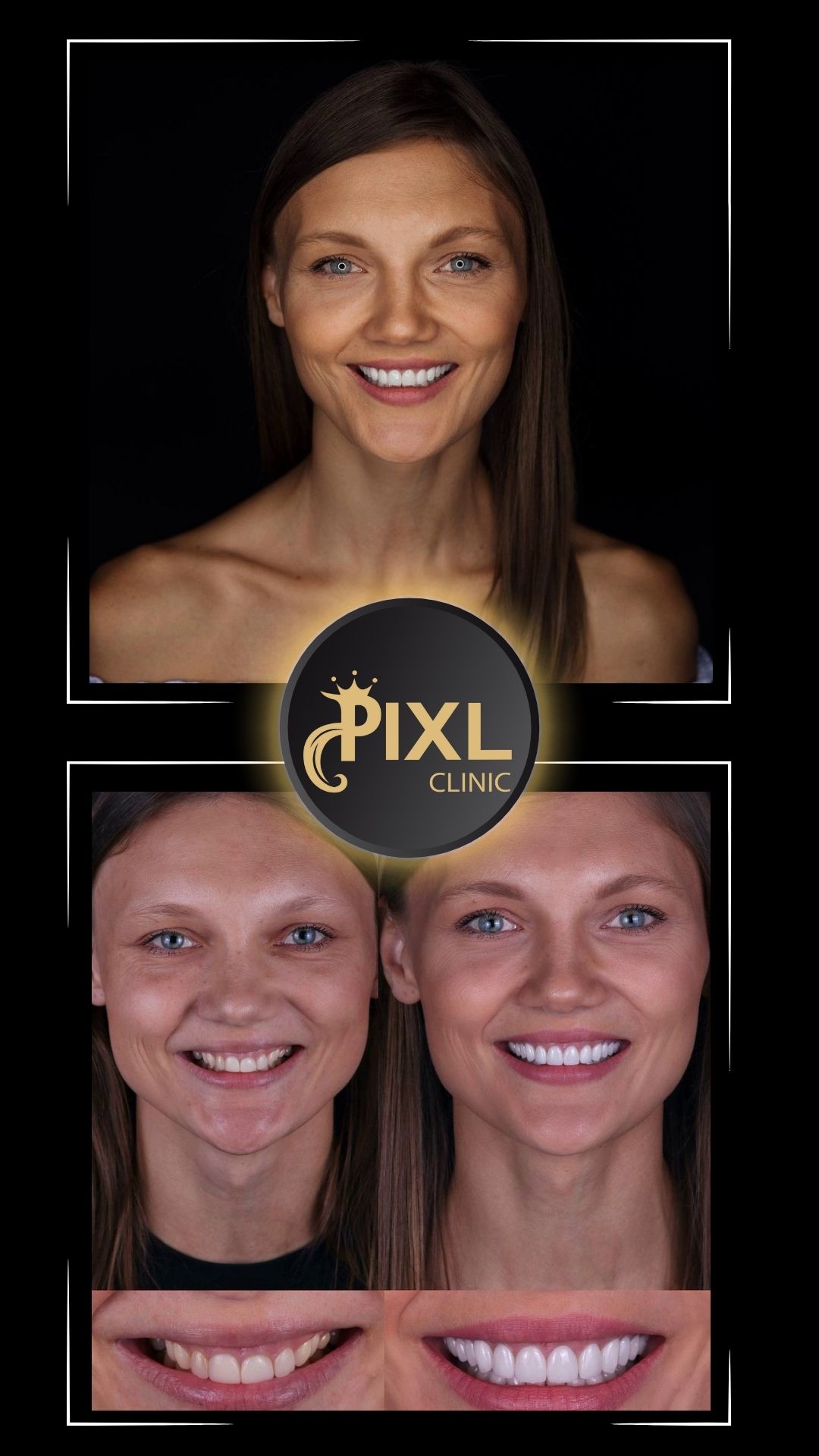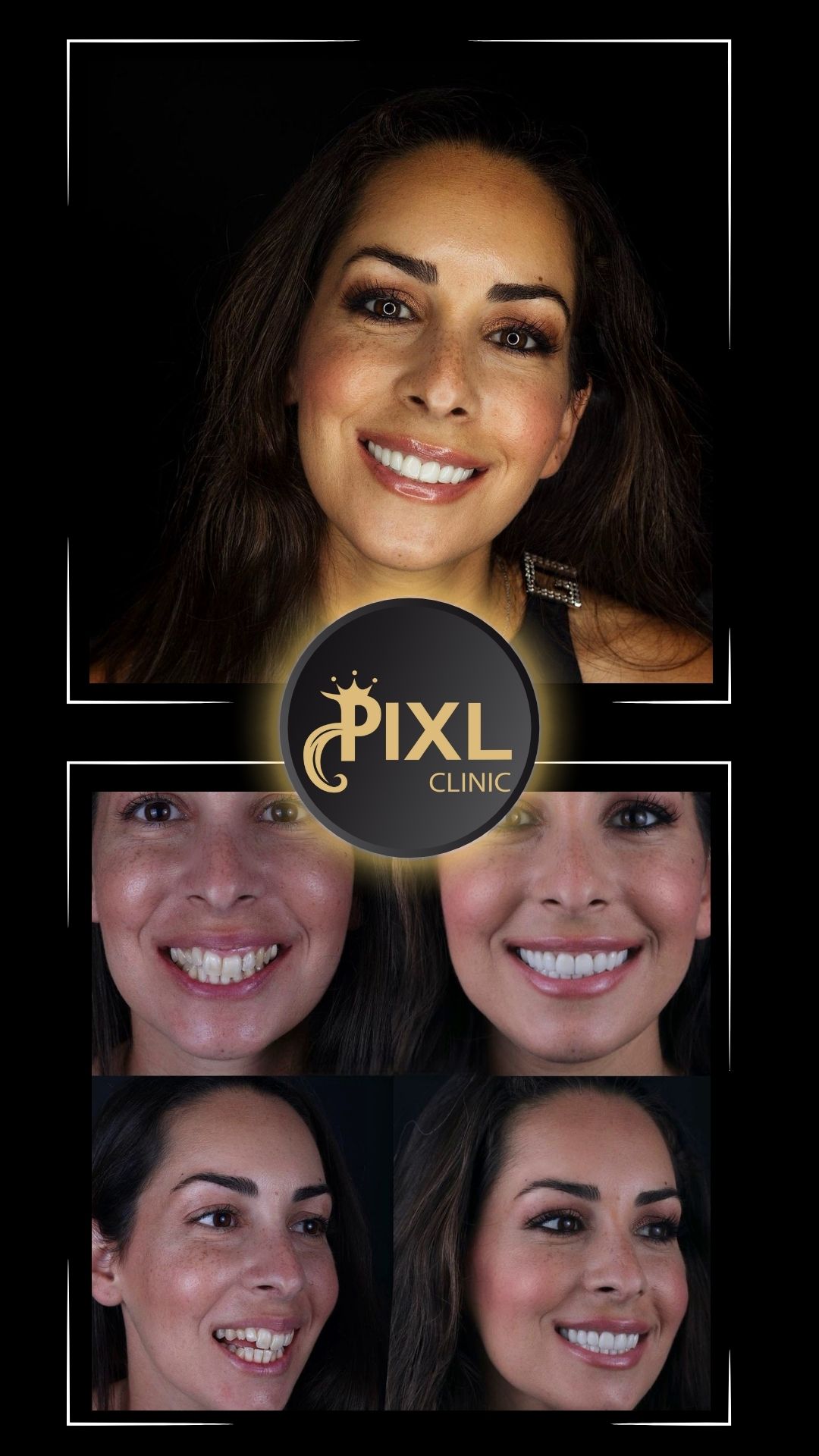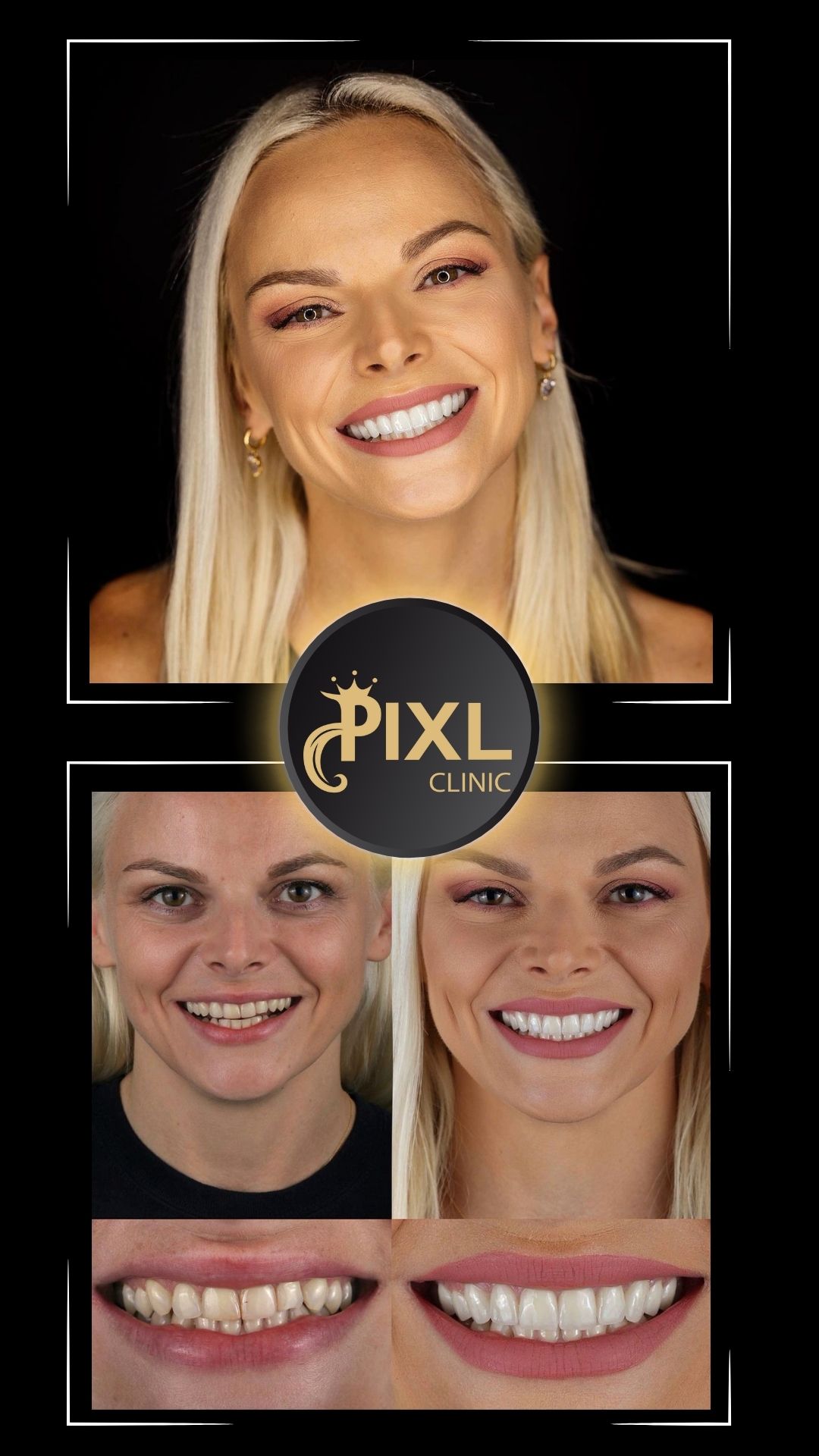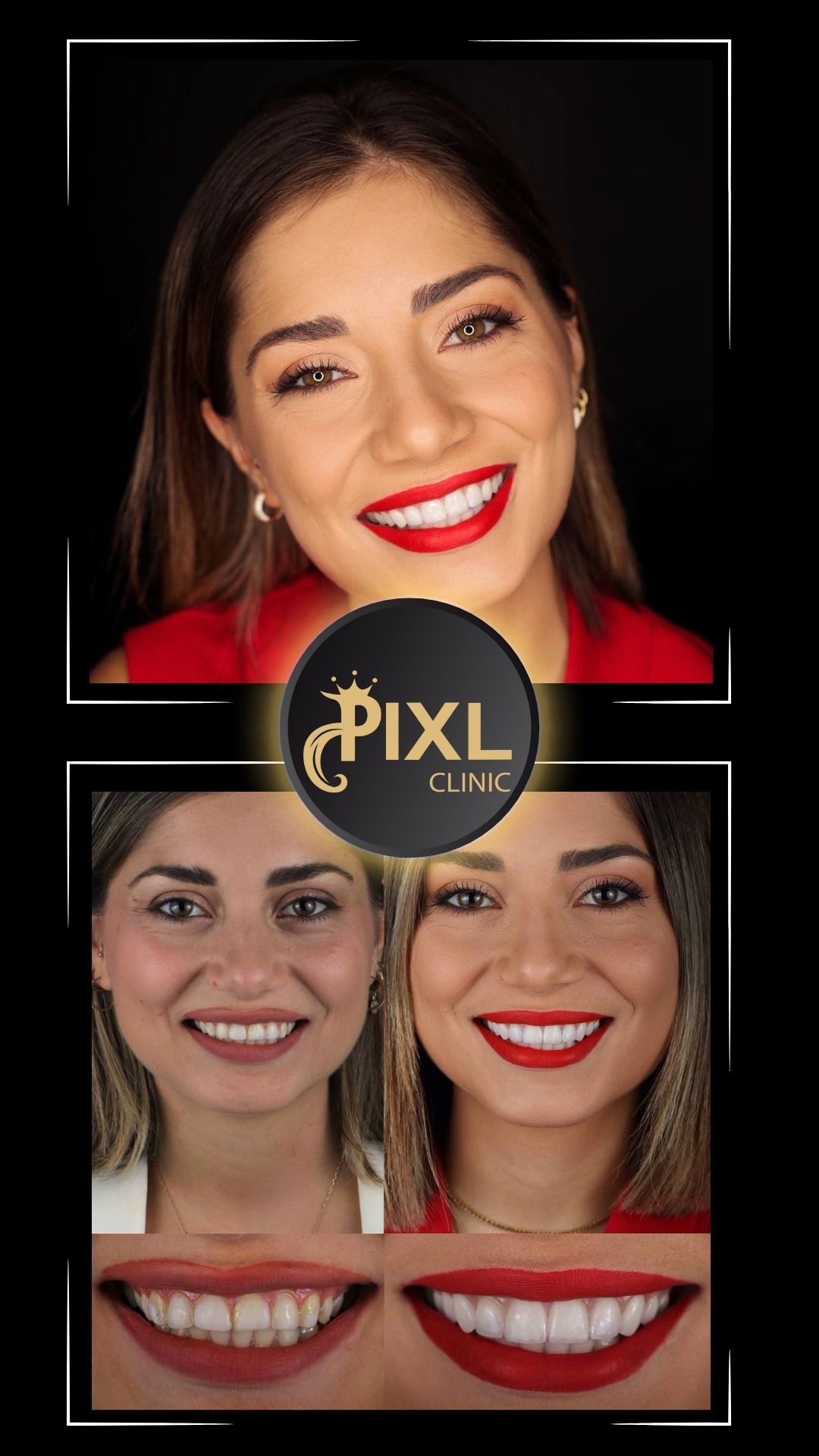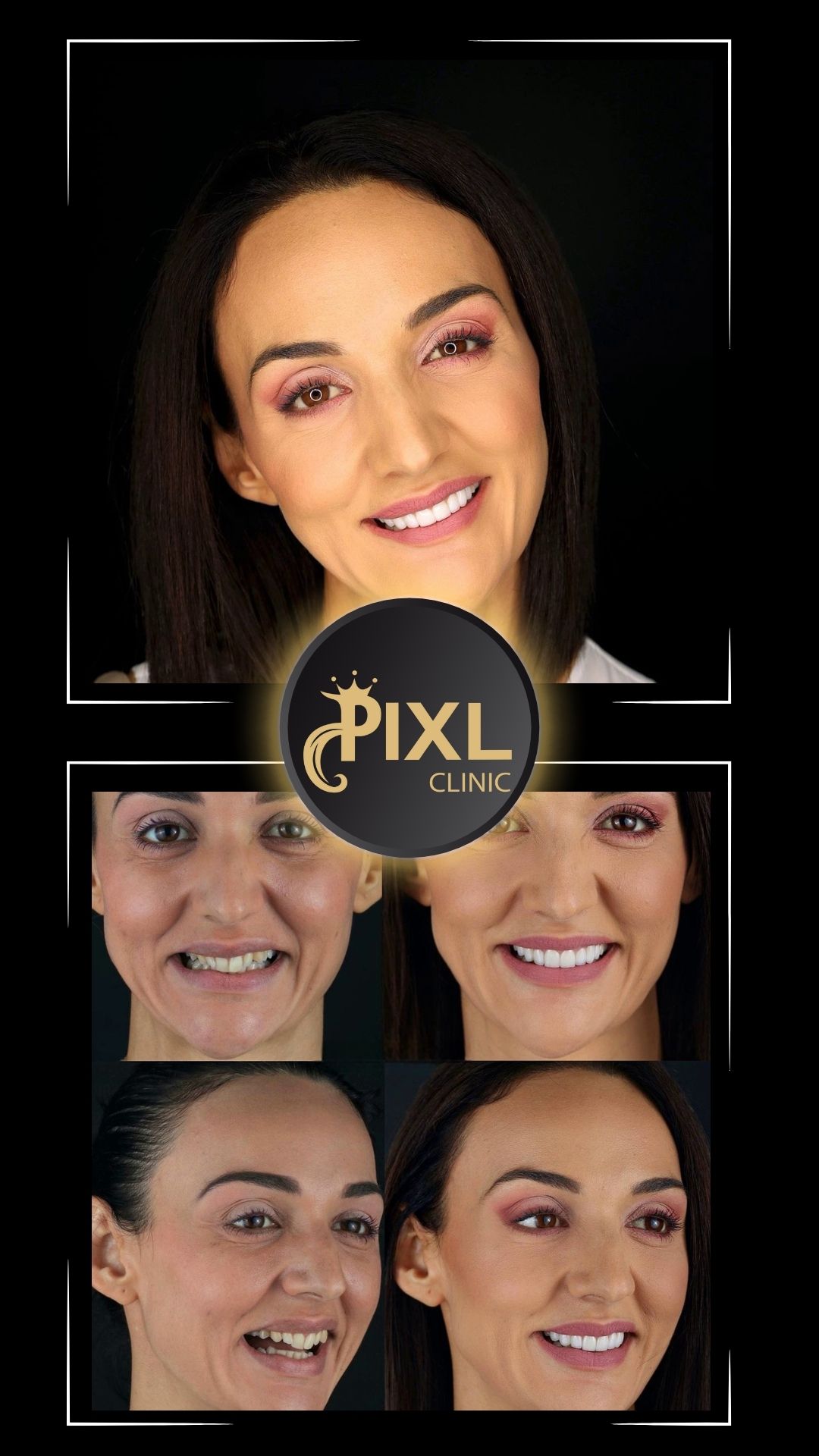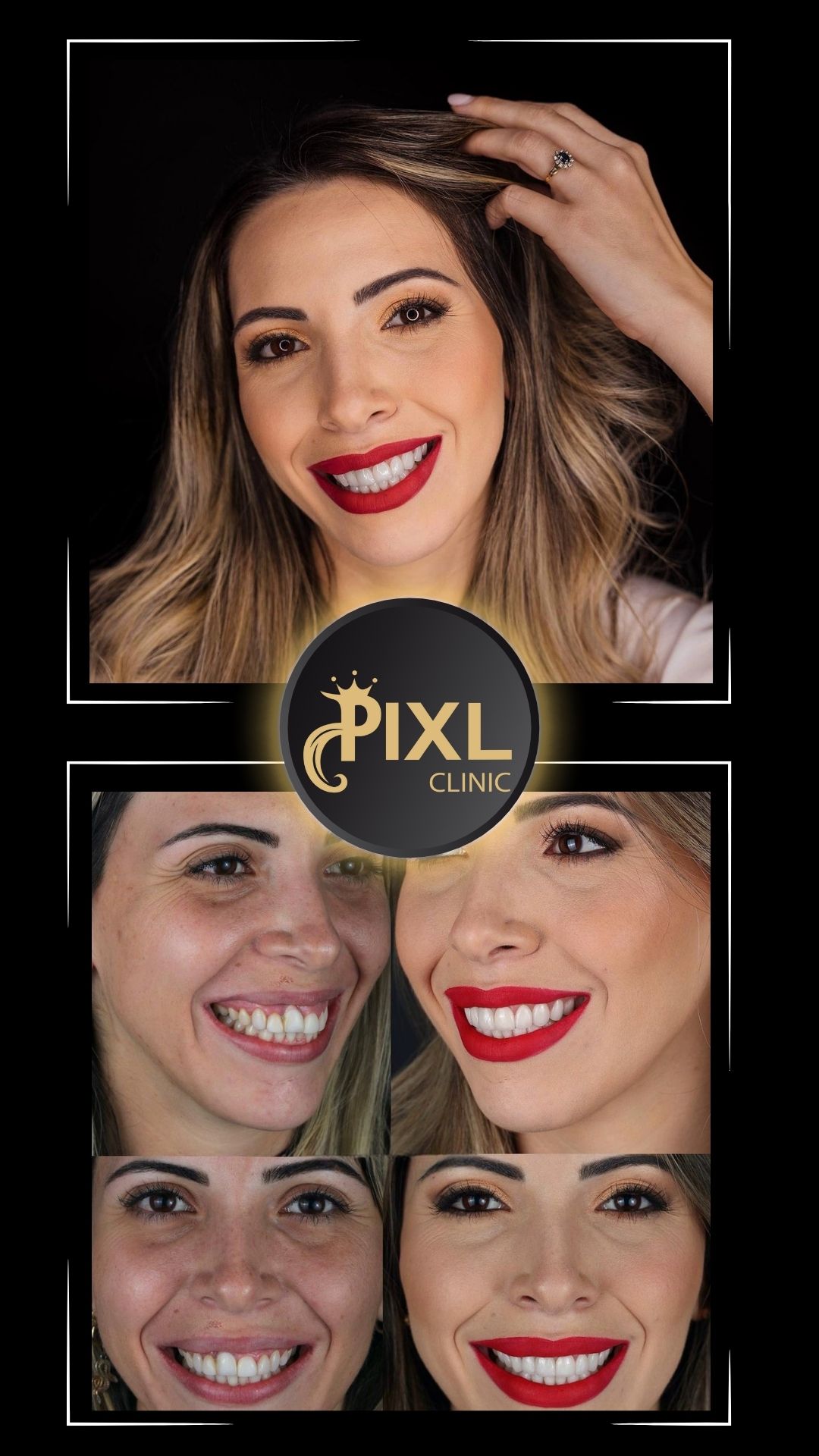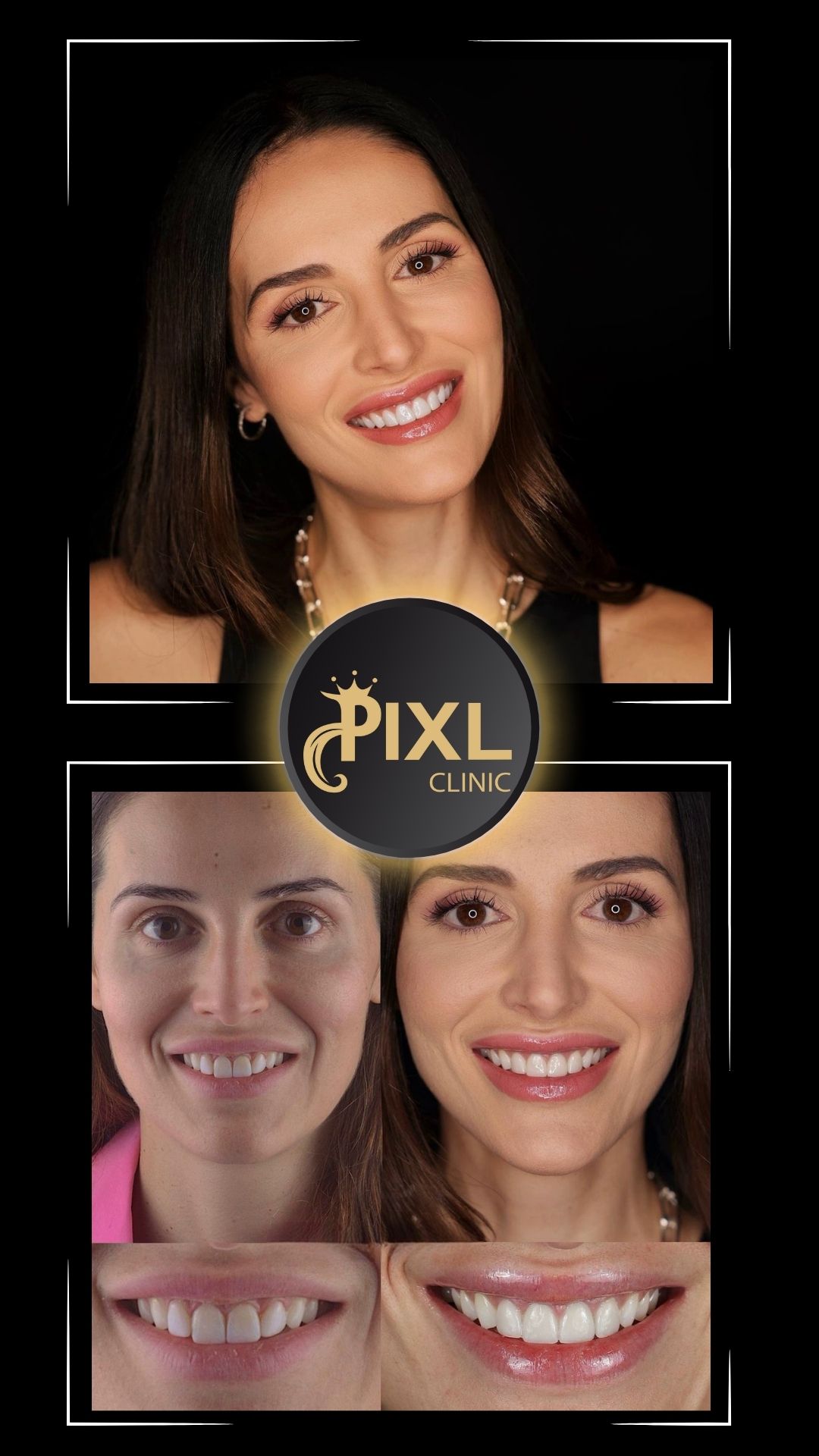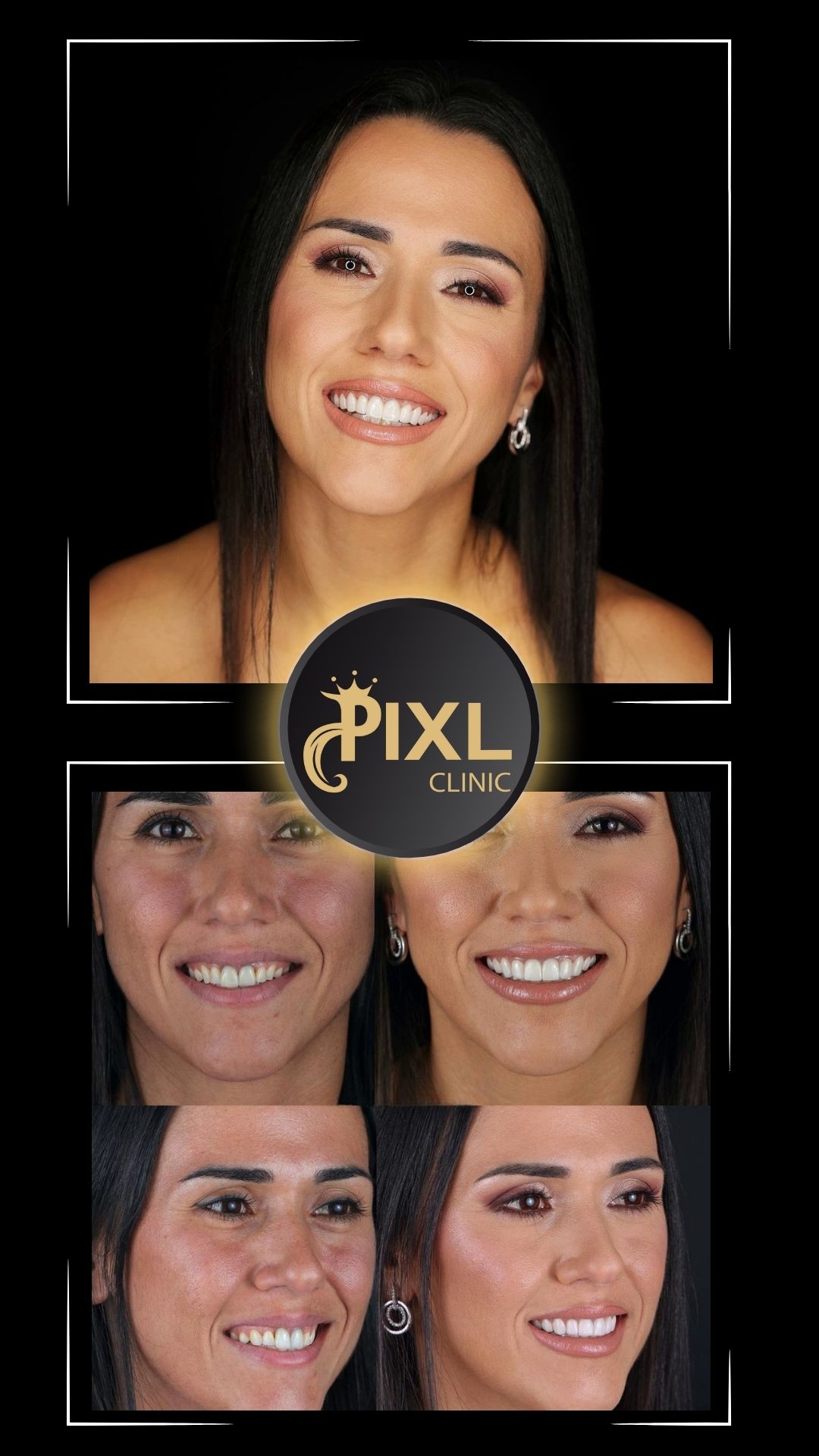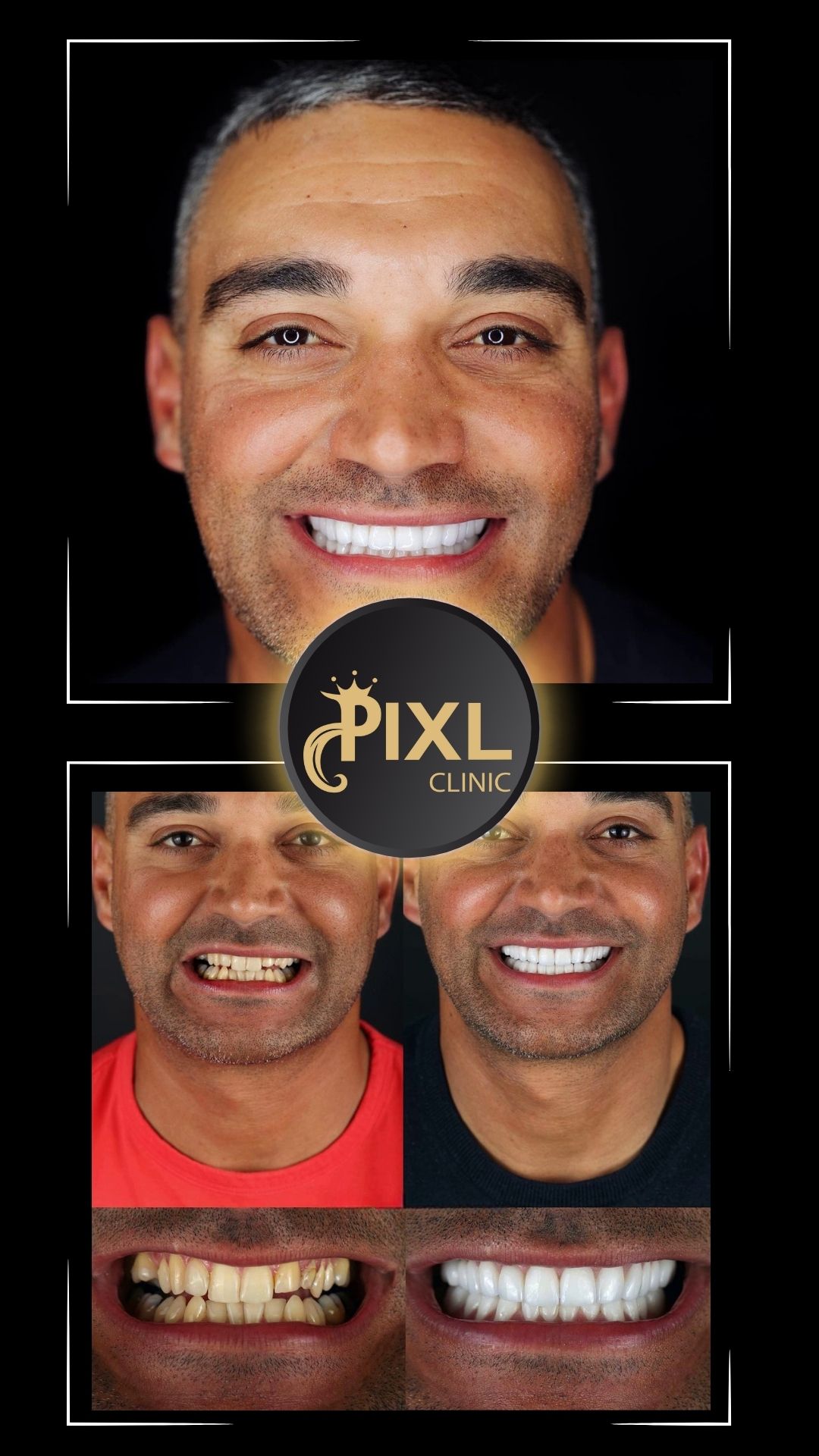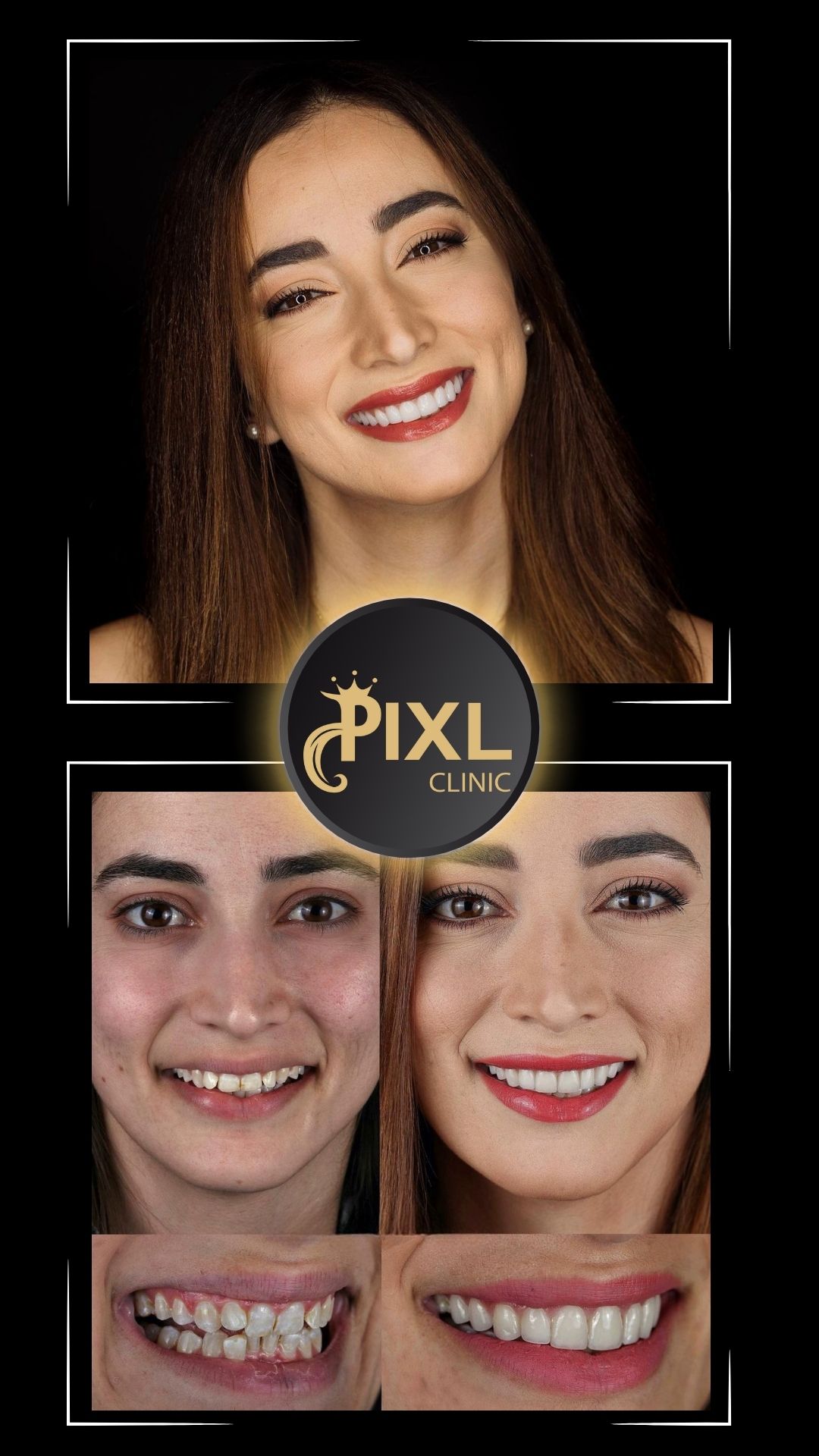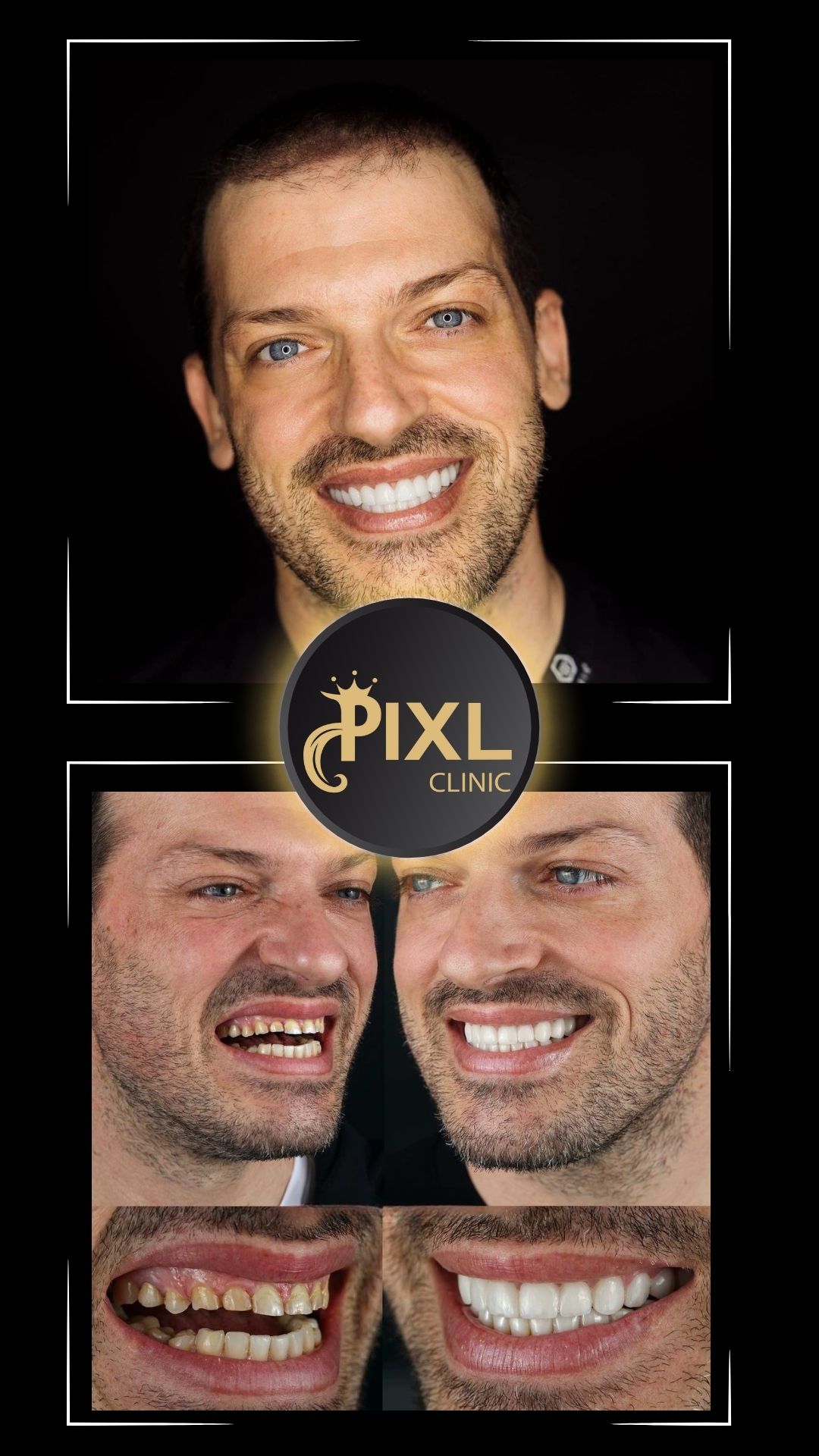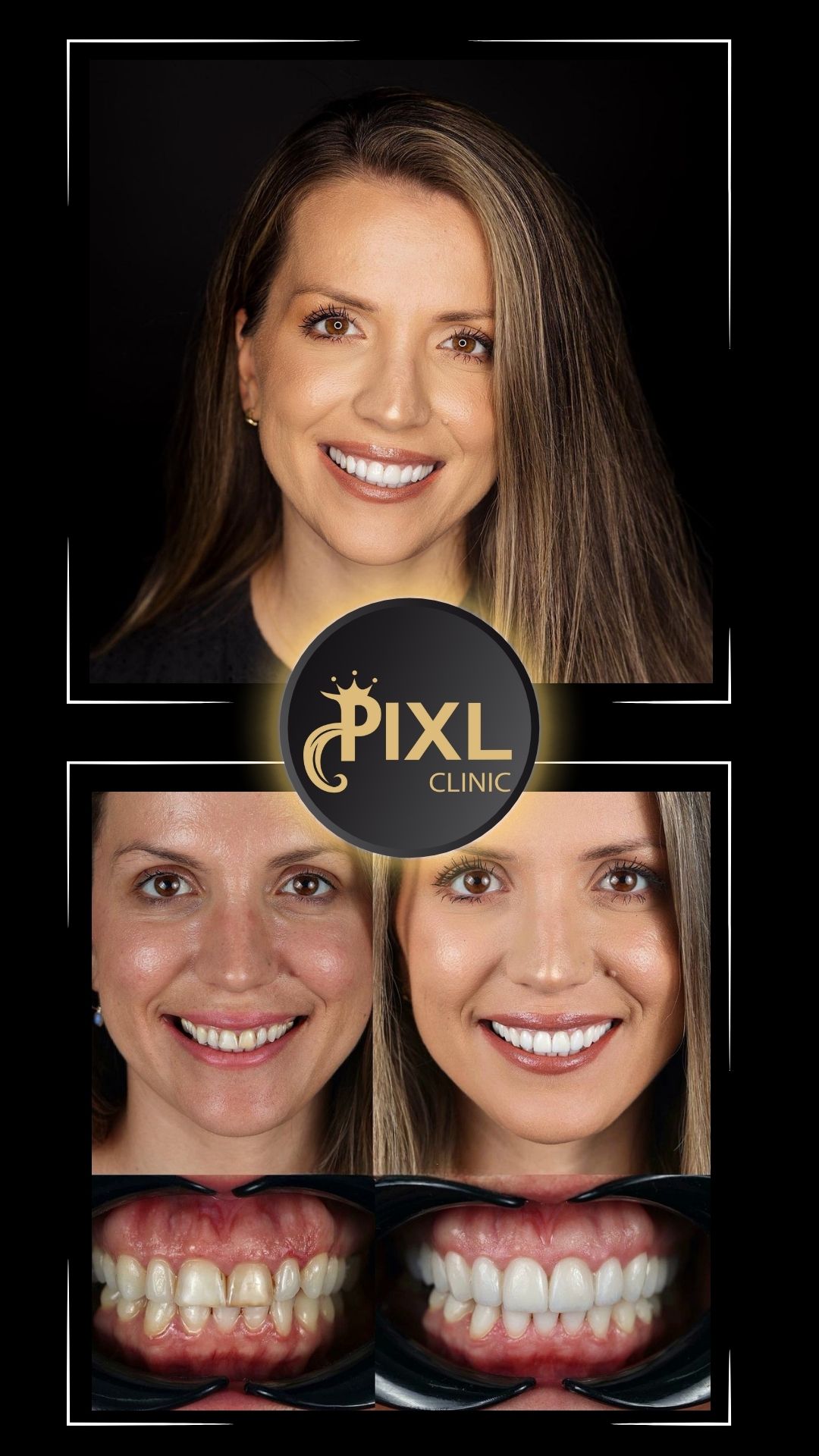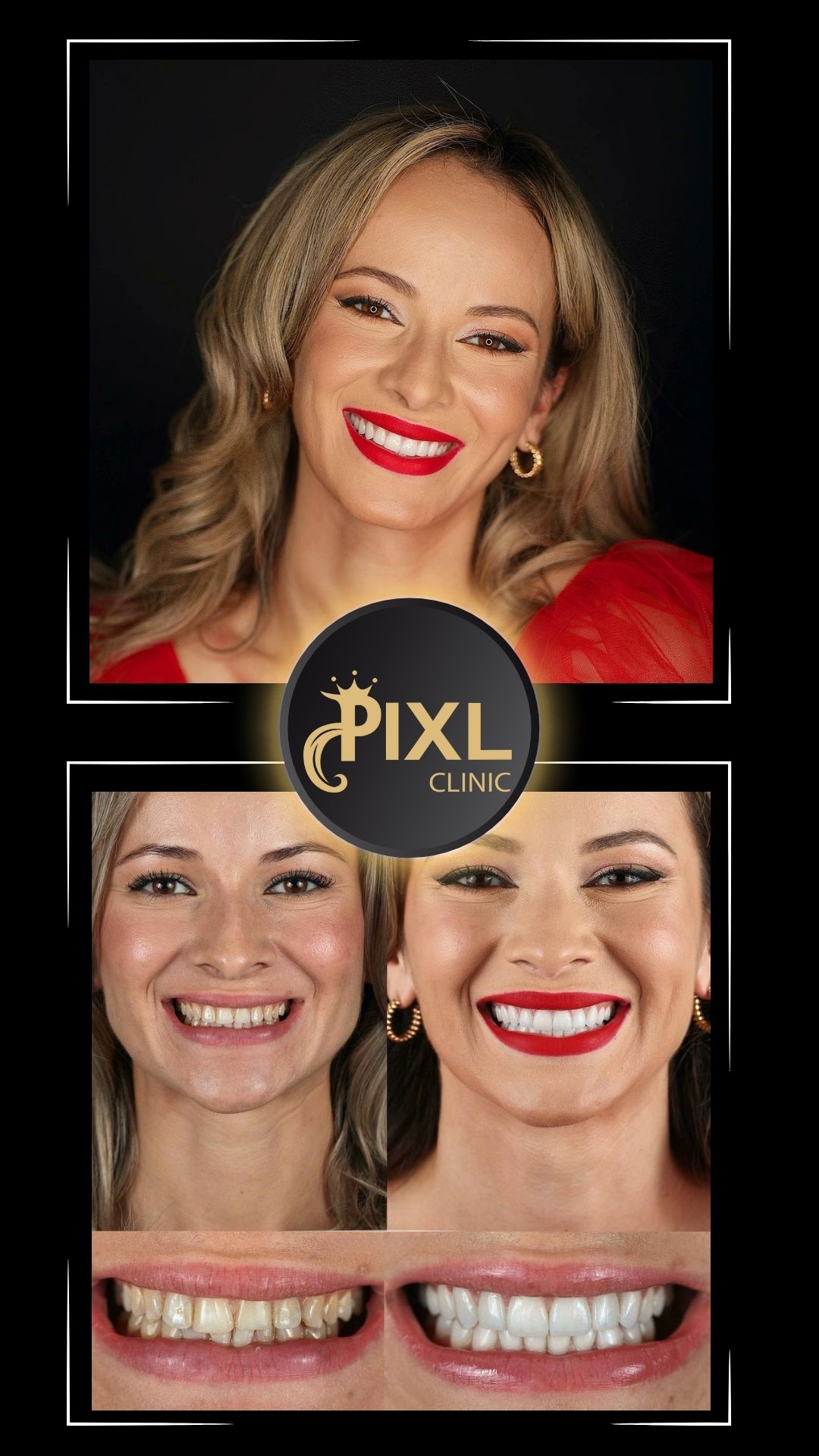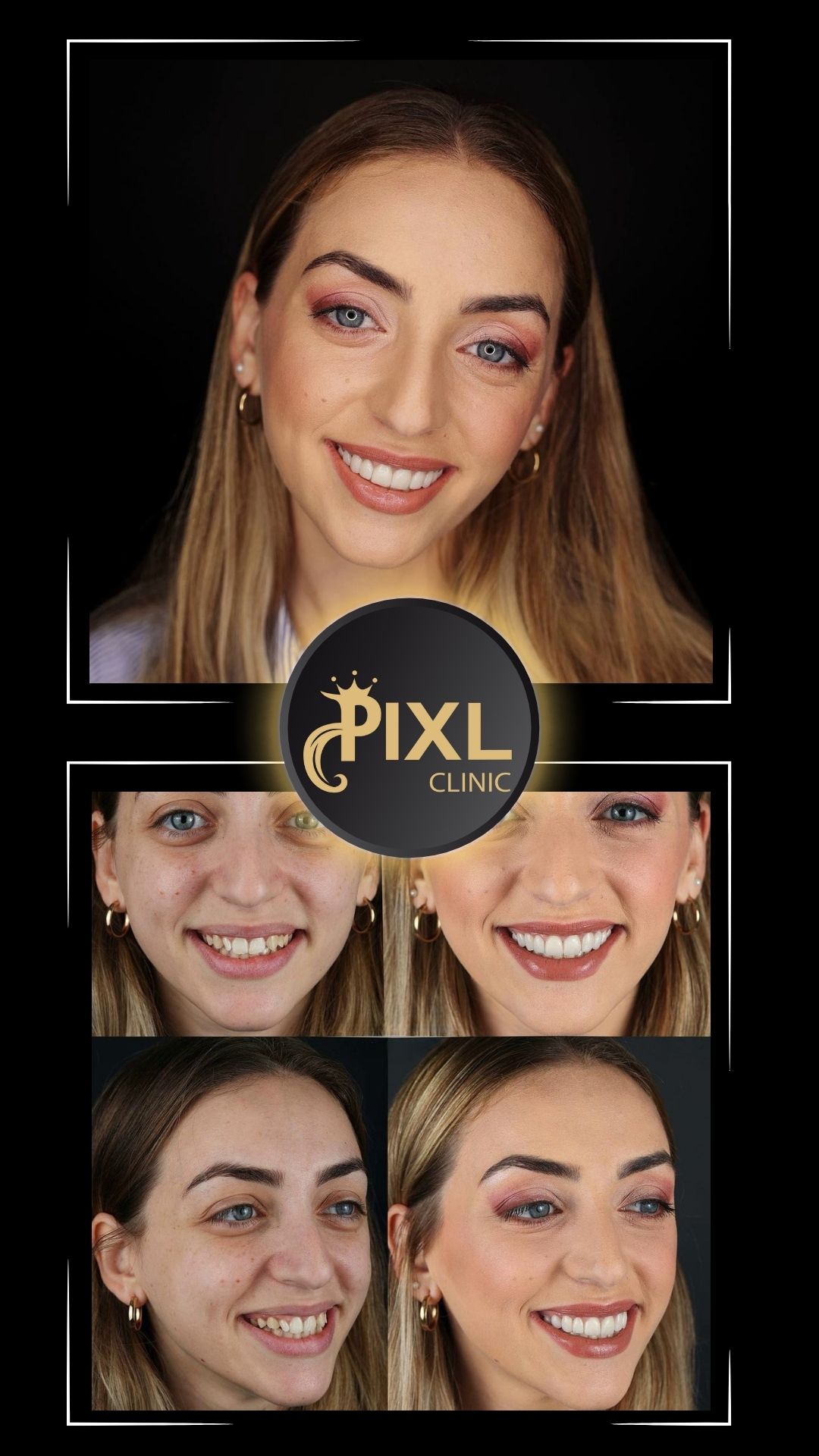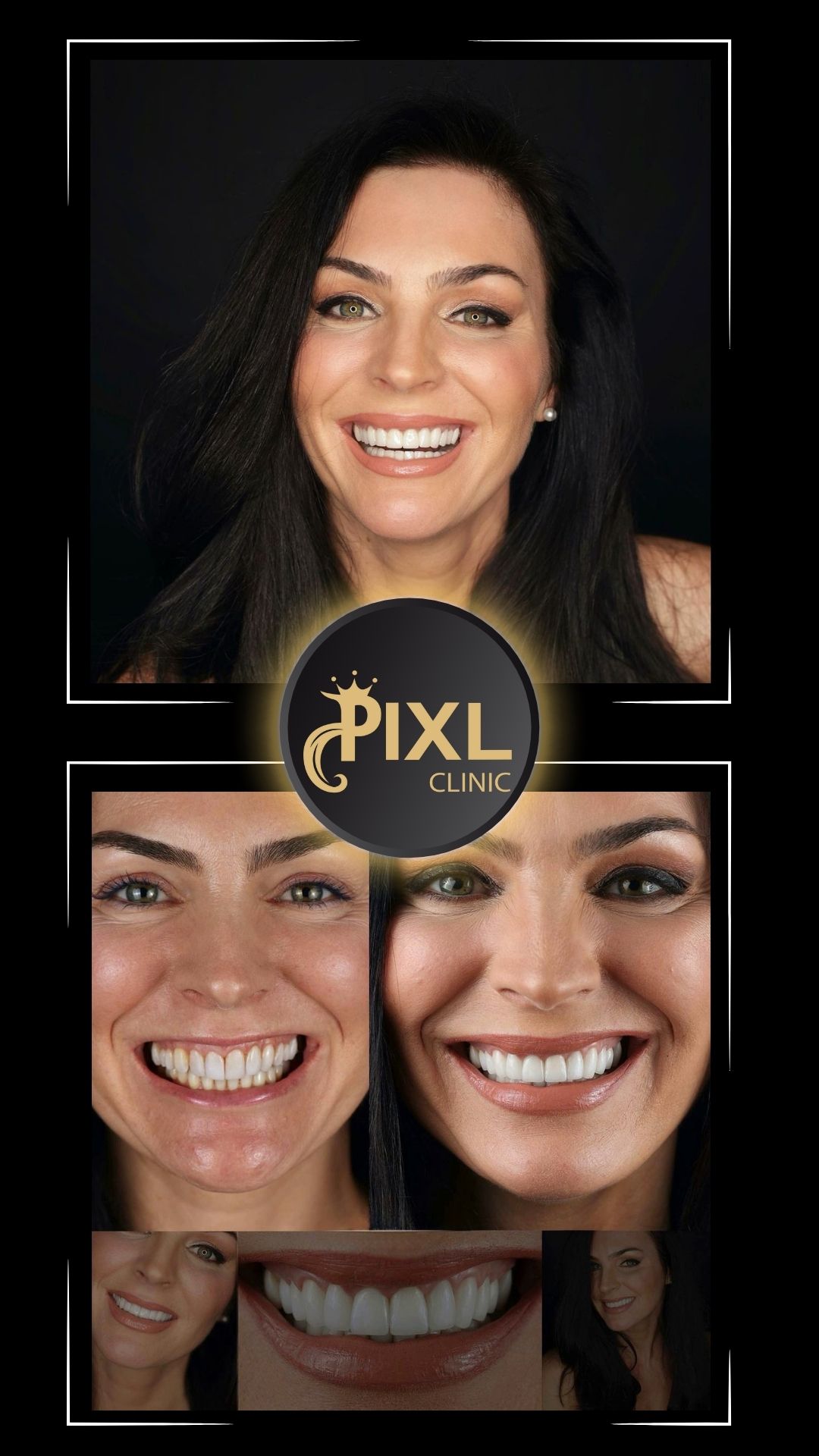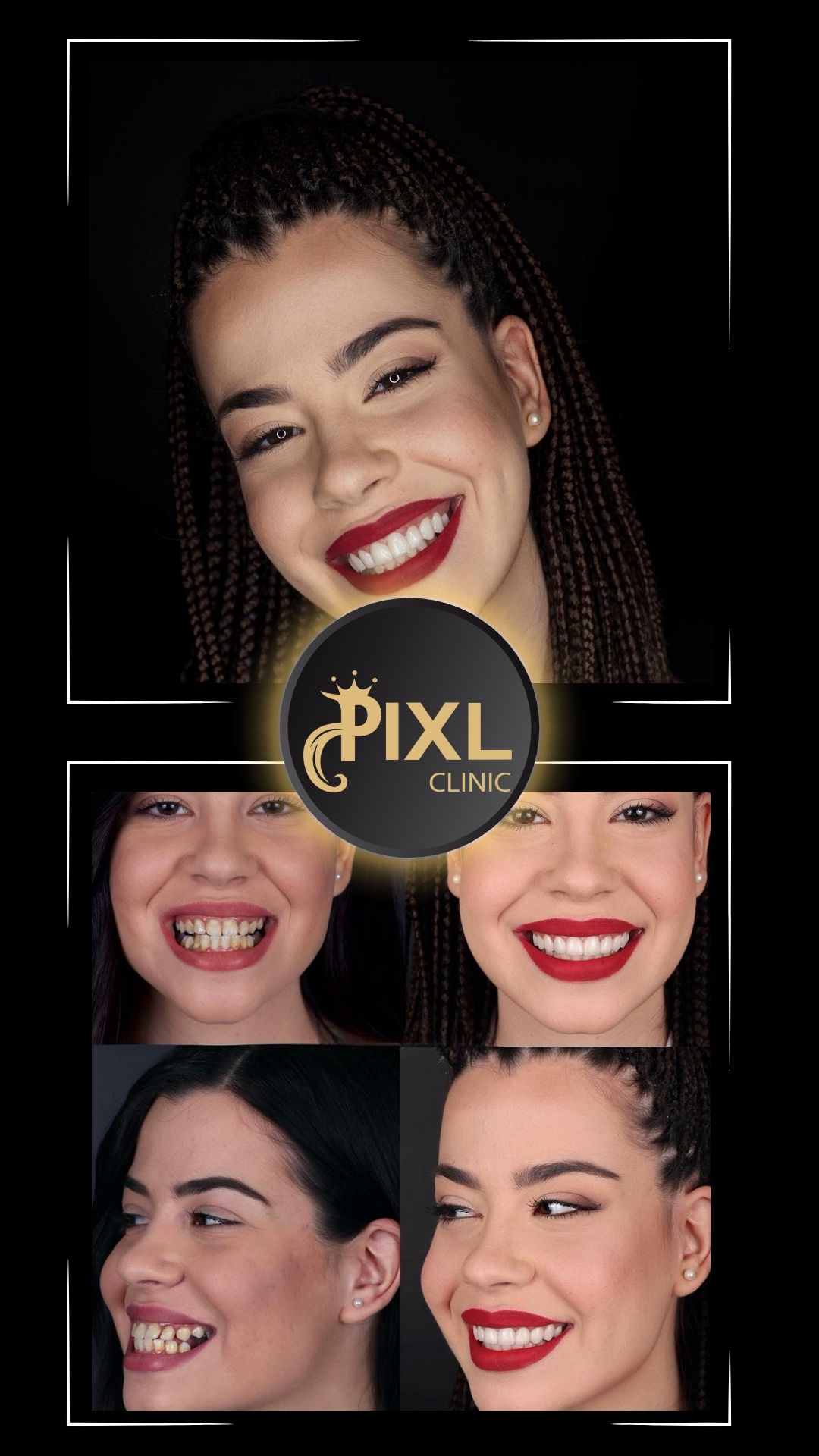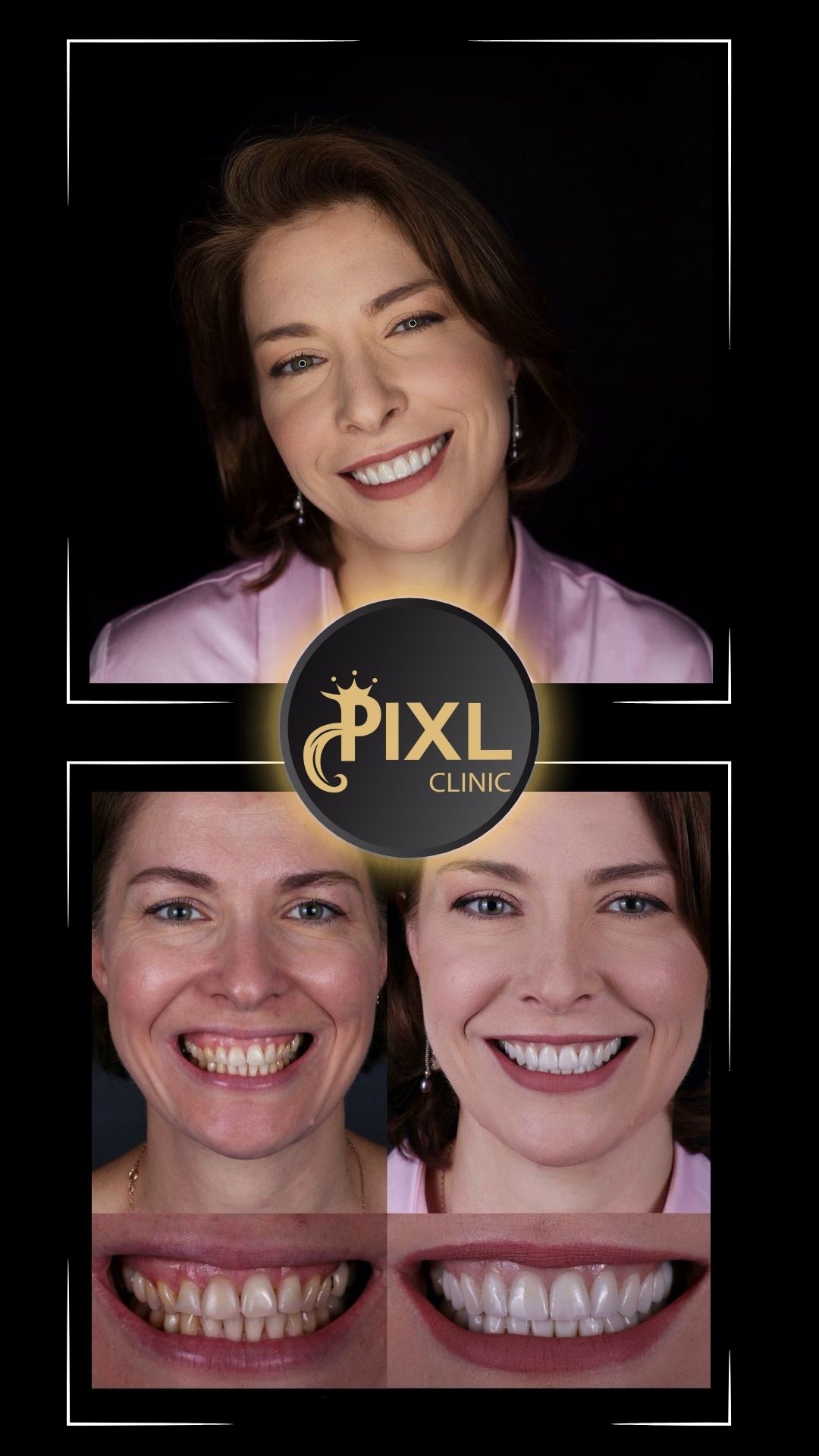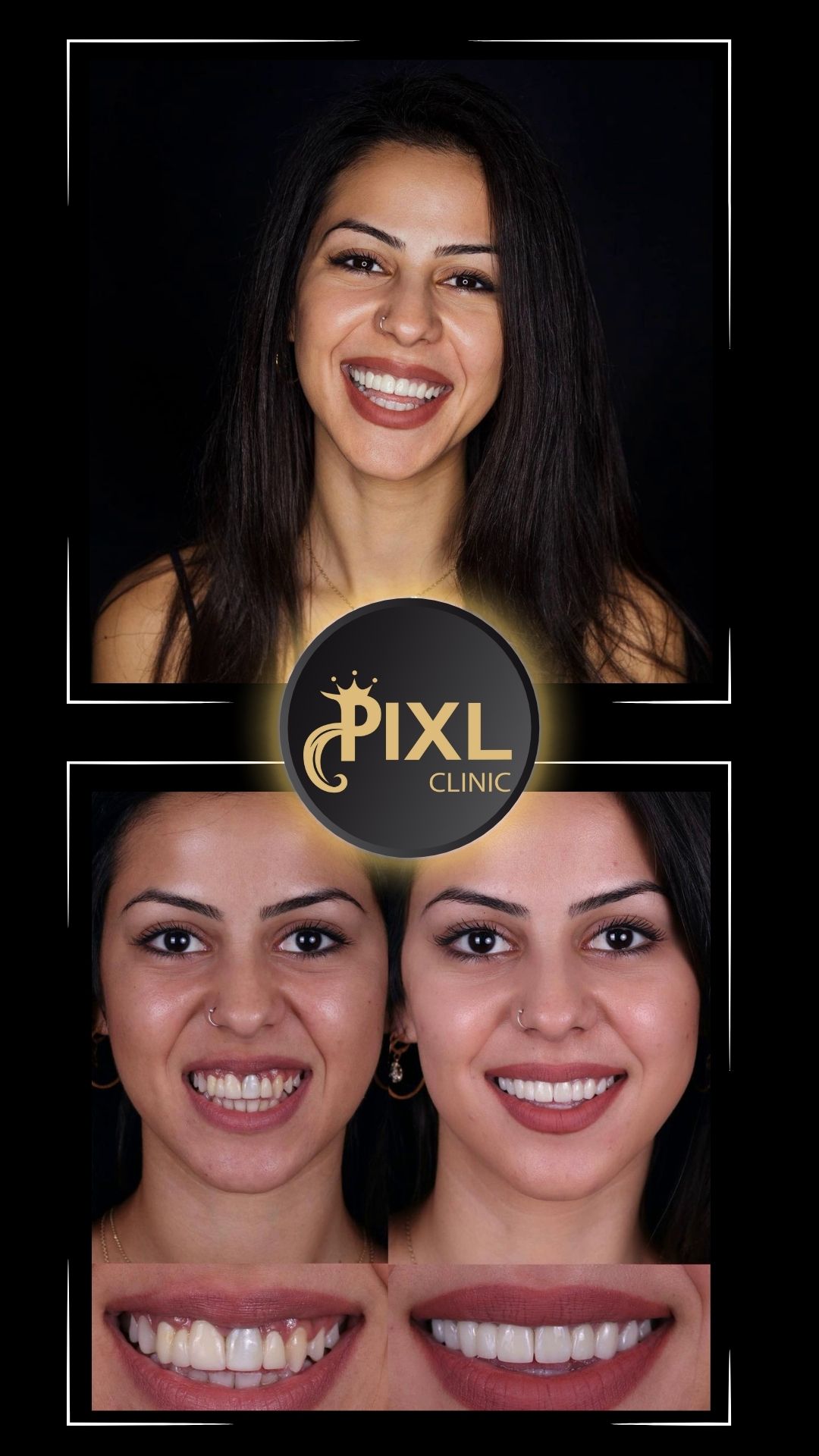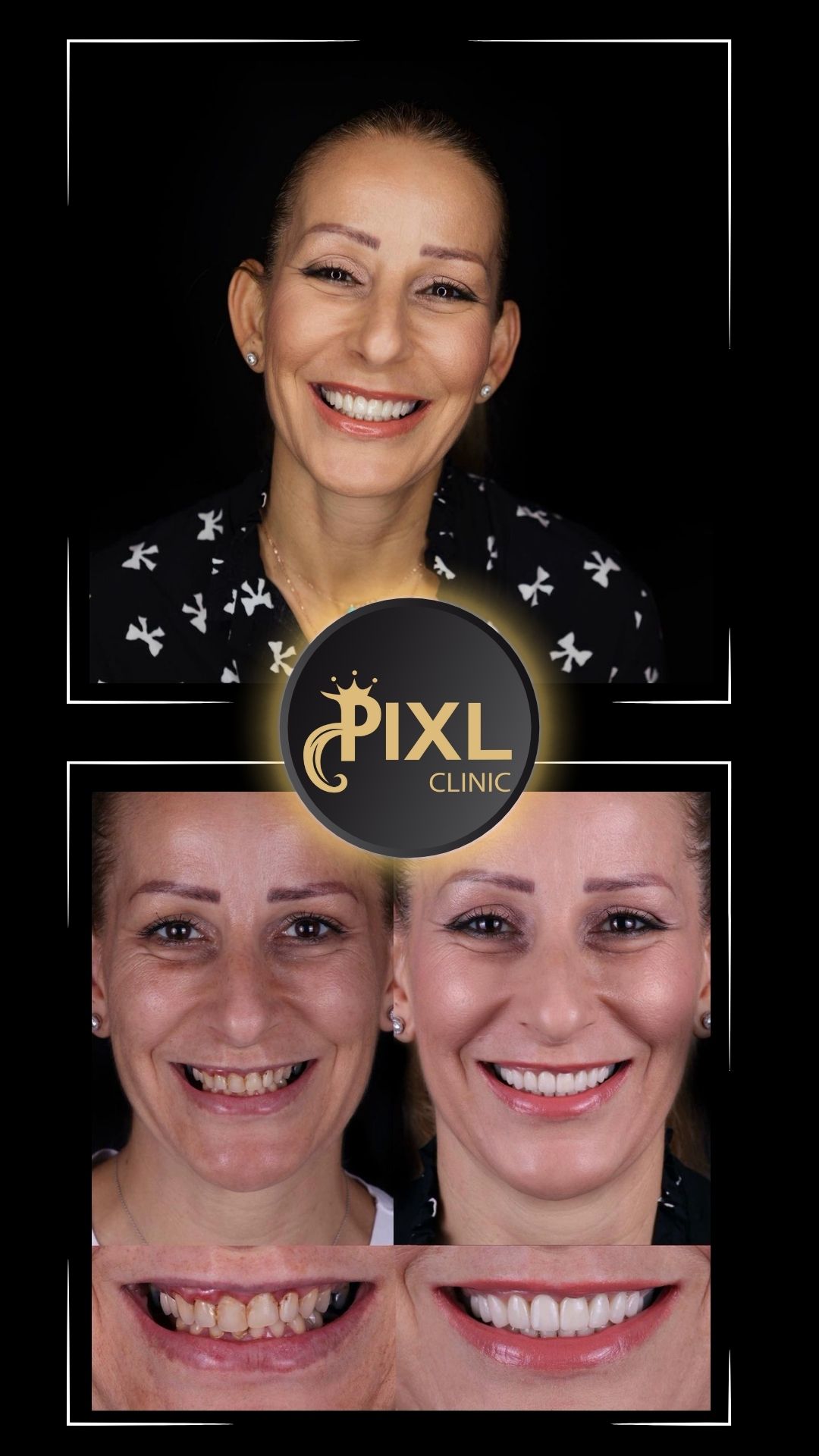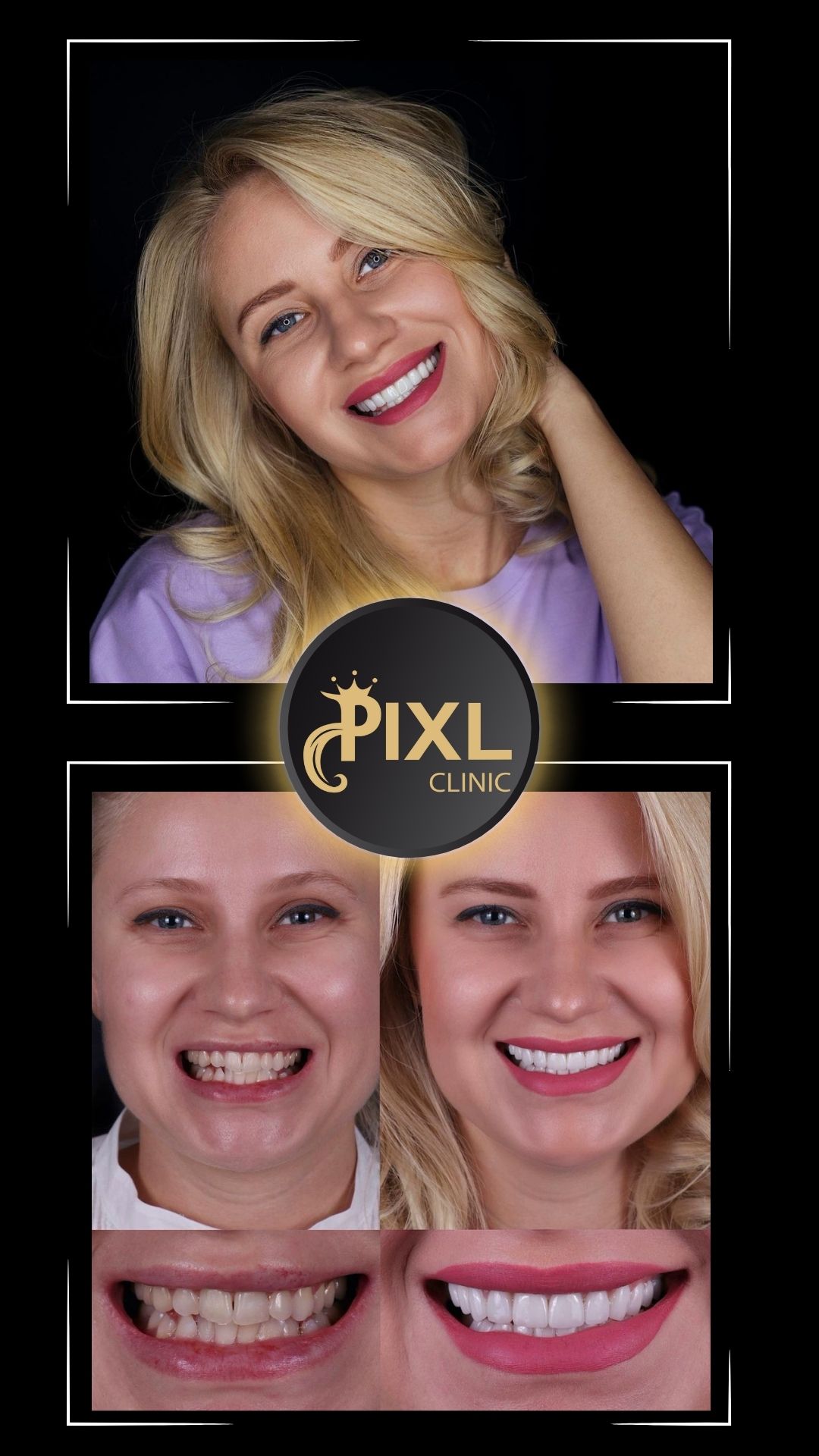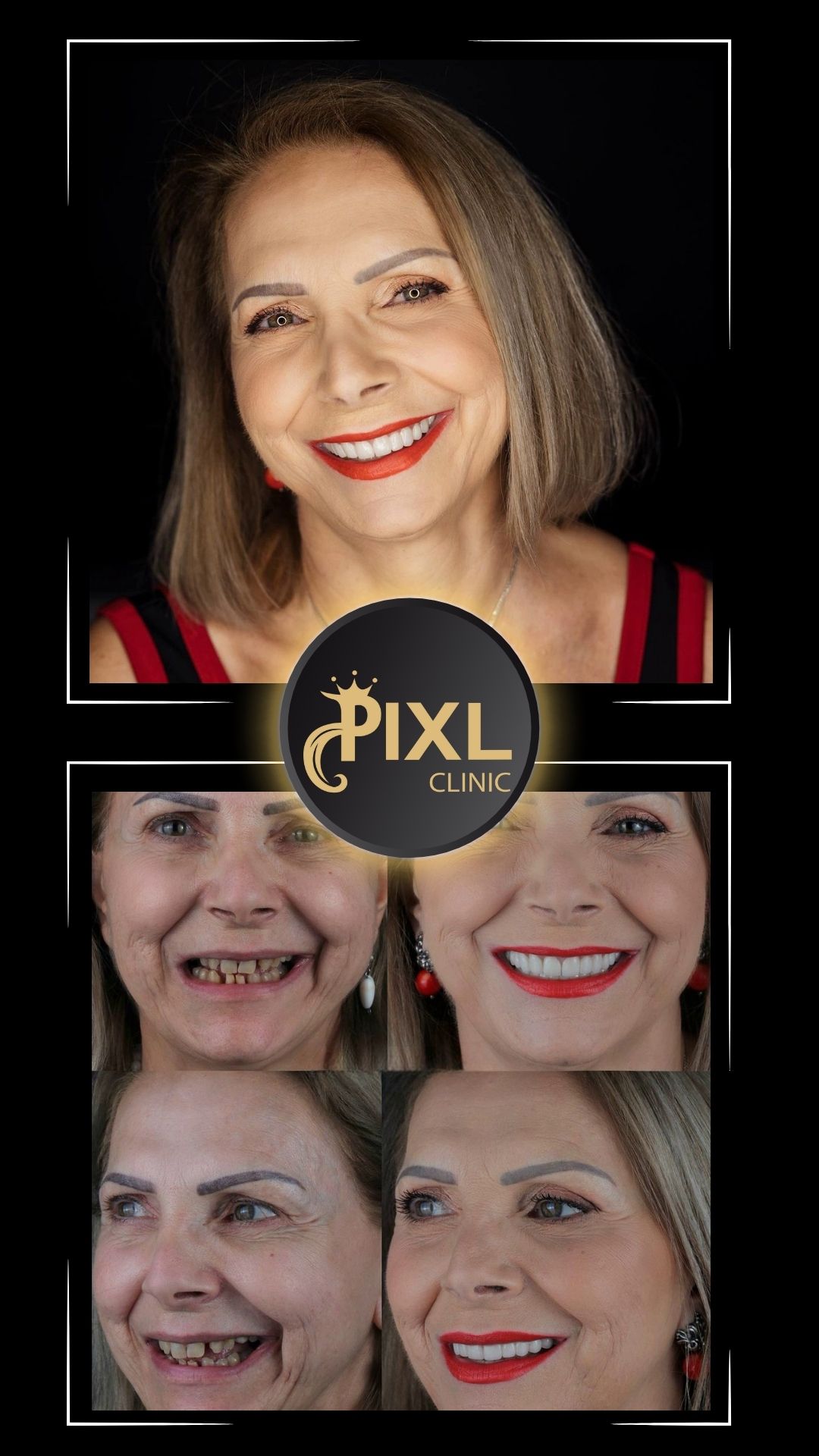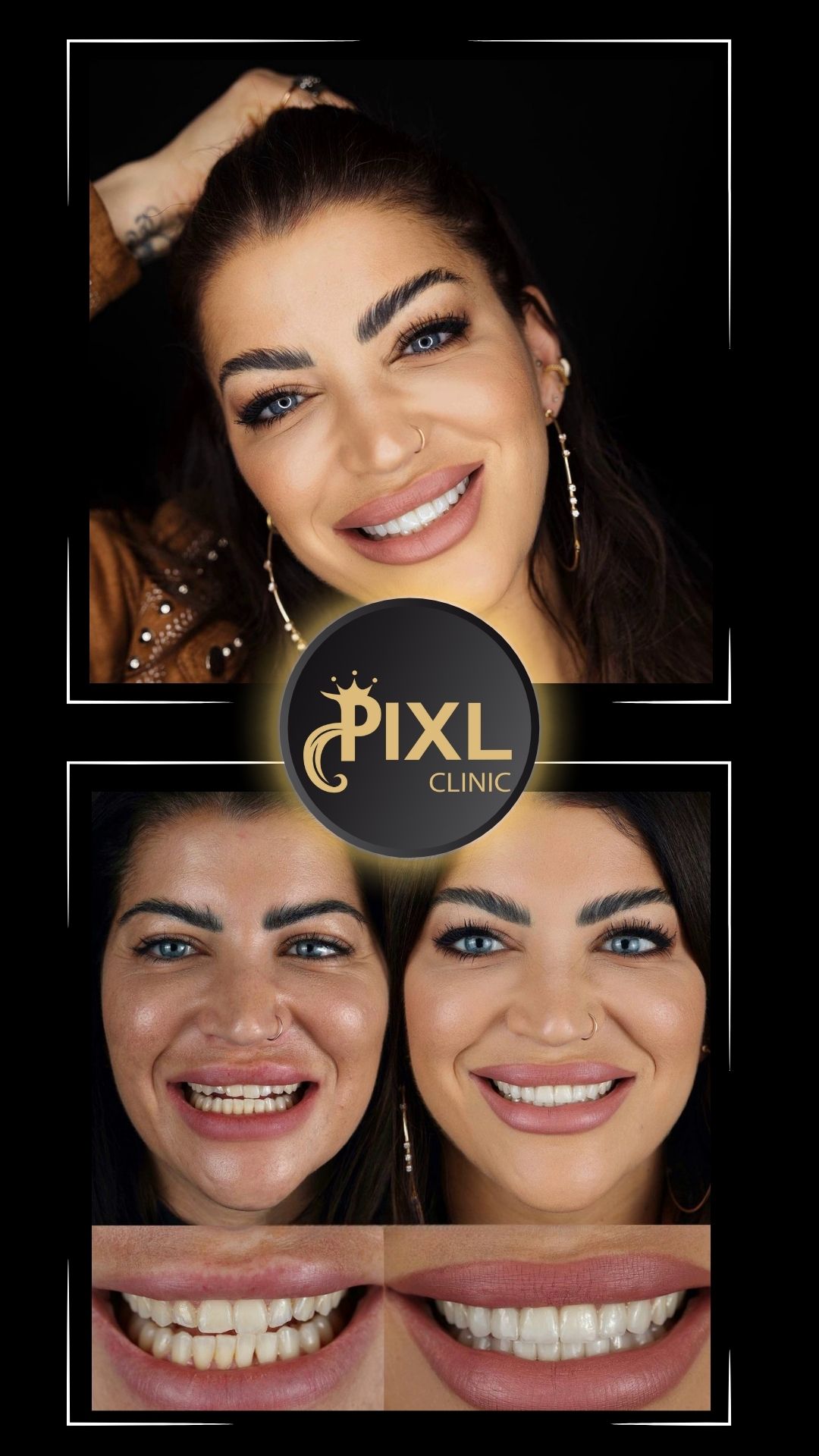Nobel Implants: Benefits, Drawbacks, and Pricing Explained
Dental implants have revolutionized restorative dentistry, offering patients a durable and aesthetically pleasing solution for missing teeth. Among the top contenders in the implant industry, Nobel Biocare stands out as a global leader, known for its innovation, quality, and clinical success. In this blog, we’ll explore the benefits, potential drawbacks, and pricing of Nobel implants, helping you make an informed decision about your dental health.
What Are Nobel Implants?
Nobel Biocare is a pioneer in dental implantology with over 60 years of expertise. Nobel implants are titanium or zirconia-based devices surgically placed into the jawbone to replace missing teeth. They serve as a stable foundation for prosthetic teeth, such as crowns, bridges, or dentures.
Nobel Biocare offers a range of implant solutions, including:
- NobelActive: Designed for high primary stability, even in soft bone.
- NobelParallel: Versatile for a wide range of cases, ideal for immediate loading.
- NobelReplace: Combines surgical ease with aesthetic outcomes.
- NobelProcera: Custom prosthetics for tailored results.
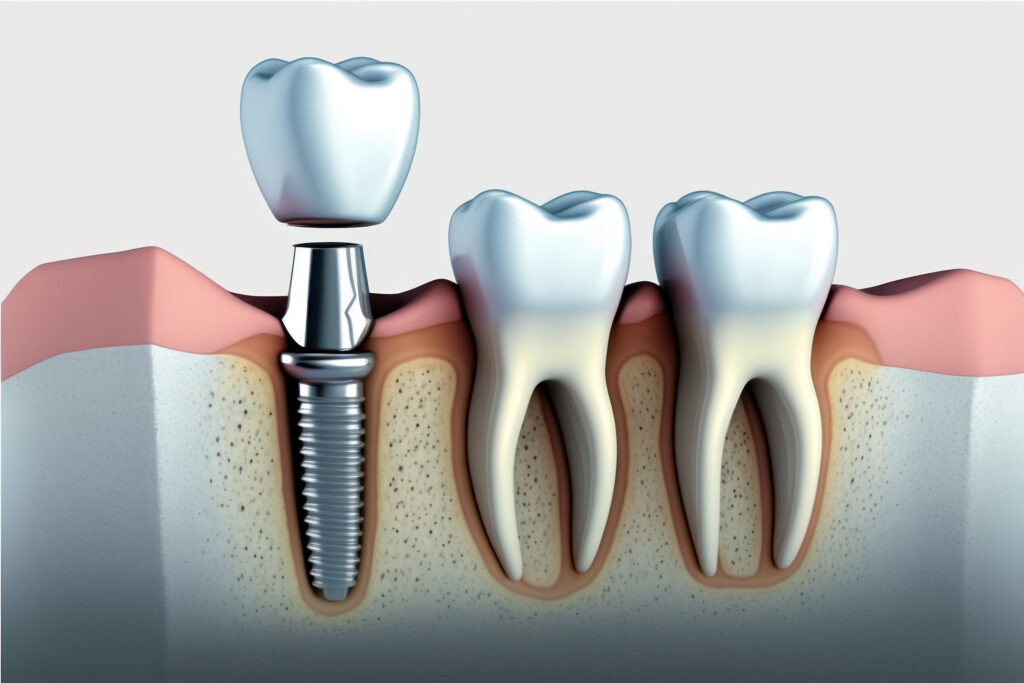
Benefits of Nobel Implants
1. Superior Quality and Durability
Nobel implants are manufactured using high-grade materials like titanium and zirconia, ensuring biocompatibility and longevity. With proper care, these implants can last a lifetime.
2. Innovative Design for Optimal Performance
Nobel Biocare utilizes cutting-edge technologies such as surface treatments and unique geometries to enhance osseointegration (the bonding of the implant to the jawbone). This leads to higher success rates and stability, even in challenging cases.
3. Customizable Solutions
Nobel implants cater to individual needs. From single-tooth replacement to full-arch restorations, their systems are versatile and adaptable.
4. Aesthetic Excellence
With options like NobelProcera, patients receive prosthetics designed to mimic natural teeth in appearance, texture, and color.
5. Immediate Functionality
Certain Nobel implants, such as NobelActive, allow for immediate loading, enabling patients to leave the clinic with a functioning smile after the procedure.
6. Proven Track Record
Nobel Biocare implants are backed by extensive research and clinical data, showcasing their reliability and effectiveness over decades.
Drawbacks of Nobel Implants
While Nobel implants offer numerous advantages, there are a few considerations:
1. Higher Cost
Nobel implants are premium products, and their pricing reflects the quality and innovation. Patients may find them more expensive compared to other implant brands.
2. Surgical Procedure Required
As with all dental implants, Nobel implants require a surgical procedure, which carries inherent risks such as infection, nerve damage, or implant failure.
3. Extended Treatment Time
For some patients, the healing and osseointegration process can take several months, especially in cases where bone grafting is required.
4. Not Suitable for Everyone
Patients with insufficient jawbone density or certain health conditions (e.g., uncontrolled diabetes or heavy smoking) may not qualify for implants without additional preparatory treatments.
Pricing of Nobel Implants
The cost of Nobel implants can vary significantly based on factors such as:
- Geographic Location: Dental practices in urban or high-cost areas often charge more.
- Number of Implants: Single implants are less expensive than full-arch restorations.
- Additional Procedures: Bone grafts, sinus lifts, or extractions can increase costs.
- Type of Implant: NobelActive or custom solutions like NobelProcera may be priced higher.
Who Should Consider Nobel Implants?
Nobel implants are ideal for patients seeking:
- A durable and permanent solution for missing teeth.
- Natural-looking and functional prosthetics.
- A trusted brand with a high success rate.
However, they may not be suitable for those with significant health risks or budget constraints. A thorough consultation with a dental professional is essential to determine candidacy.
Nobel implants represent a gold standard in dental implantology, offering unparalleled quality, aesthetics, and reliability. While the upfront cost may be higher, their long-term benefits make them a worthwhile investment for many patients.
If you’re considering Nobel implants, discuss your options with a qualified dentist who can provide a personalized treatment plan. With Nobel Biocare, you’re not just restoring your smile—you’re investing in your confidence and quality of life.
Nobel Implants: Frequently Asked Questions (FAQ)
What are Nobel implants made of?
Nobel implants are typically made from high-grade titanium or zirconia. These materials are biocompatible, ensuring that the body accepts the implant without adverse reactions.
How long do Nobel implants last?
With proper care and regular dental check-ups, Nobel implants can last a lifetime. However, the prosthetic components, such as crowns or bridges, may need replacement after 10–15 years.
Are Nobel implants suitable for everyone?
While Nobel implants are highly versatile, not everyone is an immediate candidate. Patients with insufficient jawbone density, gum disease, or certain health conditions (e.g., uncontrolled diabetes, smoking) may require additional treatments like bone grafting before implants can be placed.
What is the success rate of Nobel implants?
Nobel implants boast a success rate of over 95%, thanks to their innovative design, high-quality materials, and extensive clinical research.
What is the All-on-4® treatment concept by Nobel Biocare?
The All-on-4® is a full-arch restoration solution where four strategically placed implants support a complete set of prosthetic teeth. It’s ideal for patients missing most or all of their teeth and offers immediate functionality.
Is the procedure painful?
The implant placement procedure is typically performed under local anesthesia, ensuring minimal discomfort. Post-surgical soreness can be managed with prescribed painkillers and usually subsides within a few days.
How long does the treatment process take?
The timeline depends on individual cases:
- Immediate Loading: Some Nobel implants allow for same-day crowns or bridges.
- Traditional Process: For complex cases, healing and osseointegration can take 3–6 months before the final prosthetic is placed.
Are Nobel implants better than other brands?
Nobel Biocare is a premium brand known for its quality, innovation, and extensive clinical research. While they may be more expensive, their high success rate and customizable solutions make them a trusted choice for dental professionals worldwide.
Will my insurance cover Nobel implants?
Dental insurance coverage for implants varies. Some plans partially cover diagnostic tests, extractions, or prosthetic components but may not cover the implants themselves. Check with your provider and discuss financing options with your dentist.
How do I care for Nobel implants?
Caring for Nobel implants is similar to maintaining natural teeth:
- Brush twice daily with a soft-bristled toothbrush.
- Floss or use interdental brushes.
- Visit your dentist regularly for professional cleaning and check-ups.
Can I eat normally with Nobel implants?
Yes! Once the implants are fully integrated and the prosthetics are placed, you can eat most foods without restrictions. For optimal results, follow your dentist’s dietary guidelines during the healing phase.
Are Nobel implants worth the investment?
Nobel implants are a premium choice that offers durability, aesthetics, and functionality. While the upfront cost may be higher, their long-term benefits and reliability make them a worthwhile investment for many patients.

